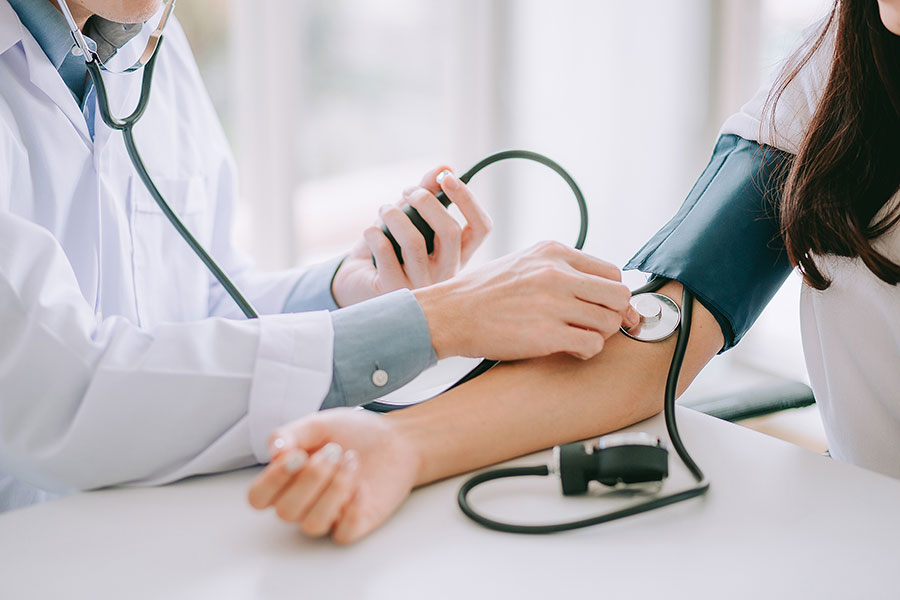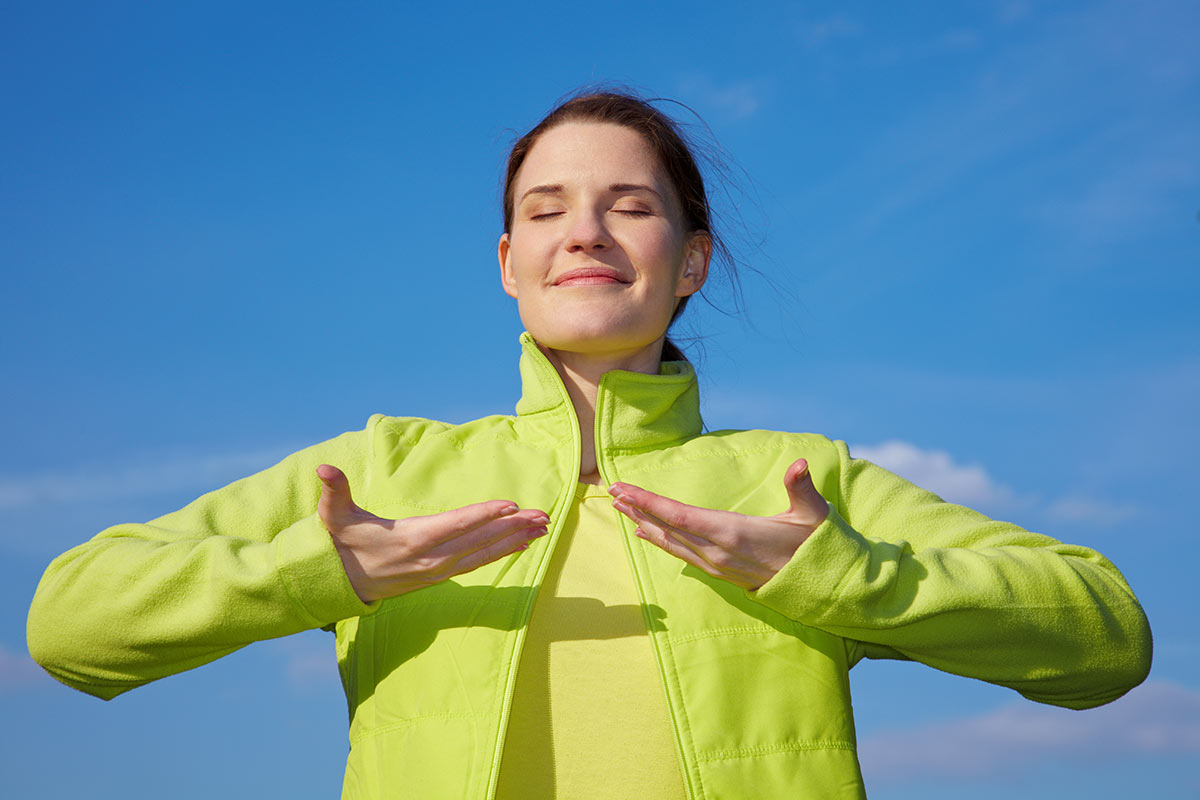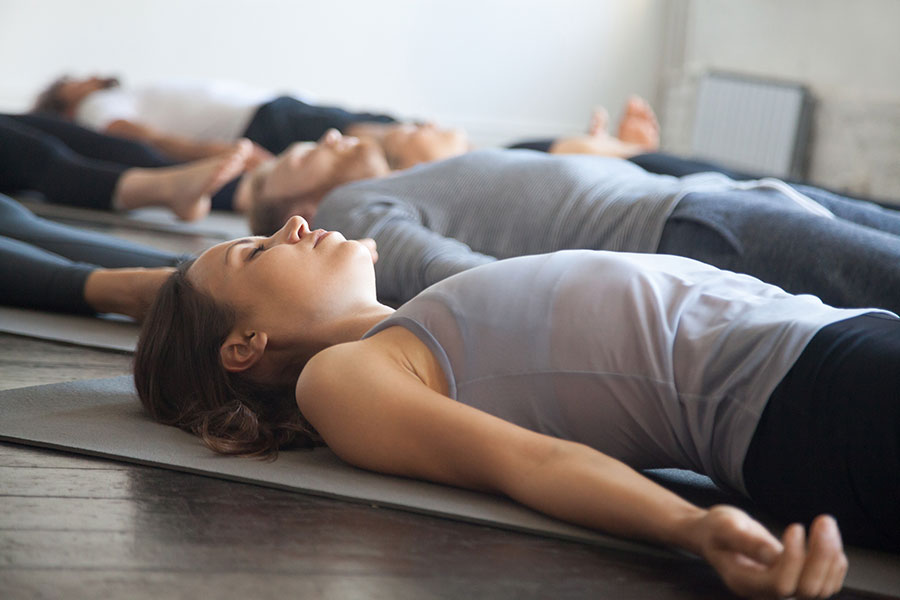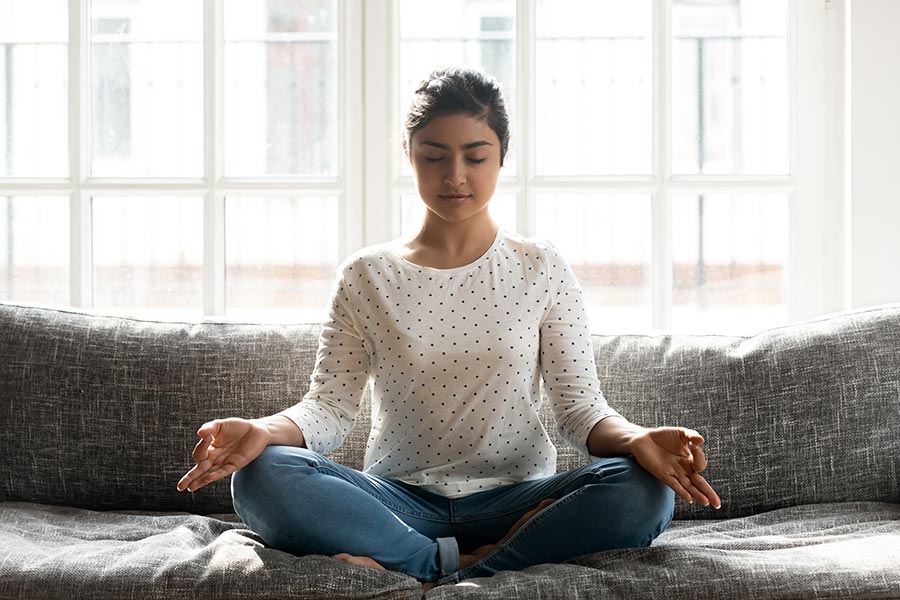High blood pressure or hypertension is the second leading cause of death worldwide. A sedentary lifestyle and lack of physical activity are among the many causes of hypertension. Lifestyle changes can work magic in effectively lowering high blood pressure.
A recent study has found that a daily routine of breathing exercises could lower blood pressure. It involves giving inspiratory muscle strength training using a device that provides resistance as the user inhales, working out the diaphragm and other breathing muscles.
With inspiratory muscle training, you are able to increase the oxygen that the breathing muscles require during exercise. And all this from a five-minute workout per day!
Simple breathing exercises to lower blood pressure can be performed at home even without a device. All it needs is some determination and a daily plan. Not only does it lower your blood pressure but also would relax your mind. Here are some breathing techniques to lower your blood pressure immediately.

Deep Breathing
Deep breathing is a simple exercise. A 2005 study revealed that simply taking six deep breaths in a period of 30 seconds significantly reduced blood pressure by 3.4 to 3.9 units when compared to no exercise.
To do deep breathing, first, get comfortable in a quiet place. You can either sit or lie down. Take a deep breath in and let it out. Breathe in through your nose, fill your stomach with air and then breathe out through your nose. Notice how relaxing it is. Make it your regular routine and lessen your anxiety.
Breath Focus

Breath focus helps you to concentrate on slow, deep breathing and assists you in disconnecting yourself from distracting thoughts and sensations. Imagine yourself in a peaceful background. Breathe in and breathe out slowly and release your tensions. Alternate normal and deep breaths several times. Slow down, and pay attention to your breath. You will notice a difference when you inhale and exhale normally and when you breathe deeply. Shallow breathing will make you tensed whereas deep breathing relaxes and focuses your brain.
Progressive Muscle Relaxation

Progressive muscle relaxation helps you to relieve tension. Here you tense a group of muscles as you breathe in, and you relax them as you breathe out.
First, breathe in, and tense the first muscle group for a few seconds. When you exhale, relax those muscles. Work on your muscle groups in order. Relax for 20 seconds before you start the next muscle group. Start with your toes, then progress to your feet, ankles, calves, thighs, rear-end, stomach, chest, shoulders, arms, fingers, and neck. Your body will soon be physically relaxed and, in a few weeks, you will see the difference.
Controlled Equal Breathing
Controlled breathing or ‘pursed lips breathing’ helps you to get as much air as possible into your lungs. This slows down your breathing and makes each breath as effective as possible.
Count as you breathe and control your breathing so that you breathe in for the same quantity of time you breathe out. Start by breathing in as you count slowly to four, then breathing out as you count to four, then repeat a few times. Raise the time length you count for each breath. This helps to empty your lungs of old air and to make as much room in your lungs for fresh air.

Keep focusing on your breathing exercises to lower your blood pressure and accept yourself. Continuing these breathing exercises for weeks or months can lower your blood pressure to a great extent.
